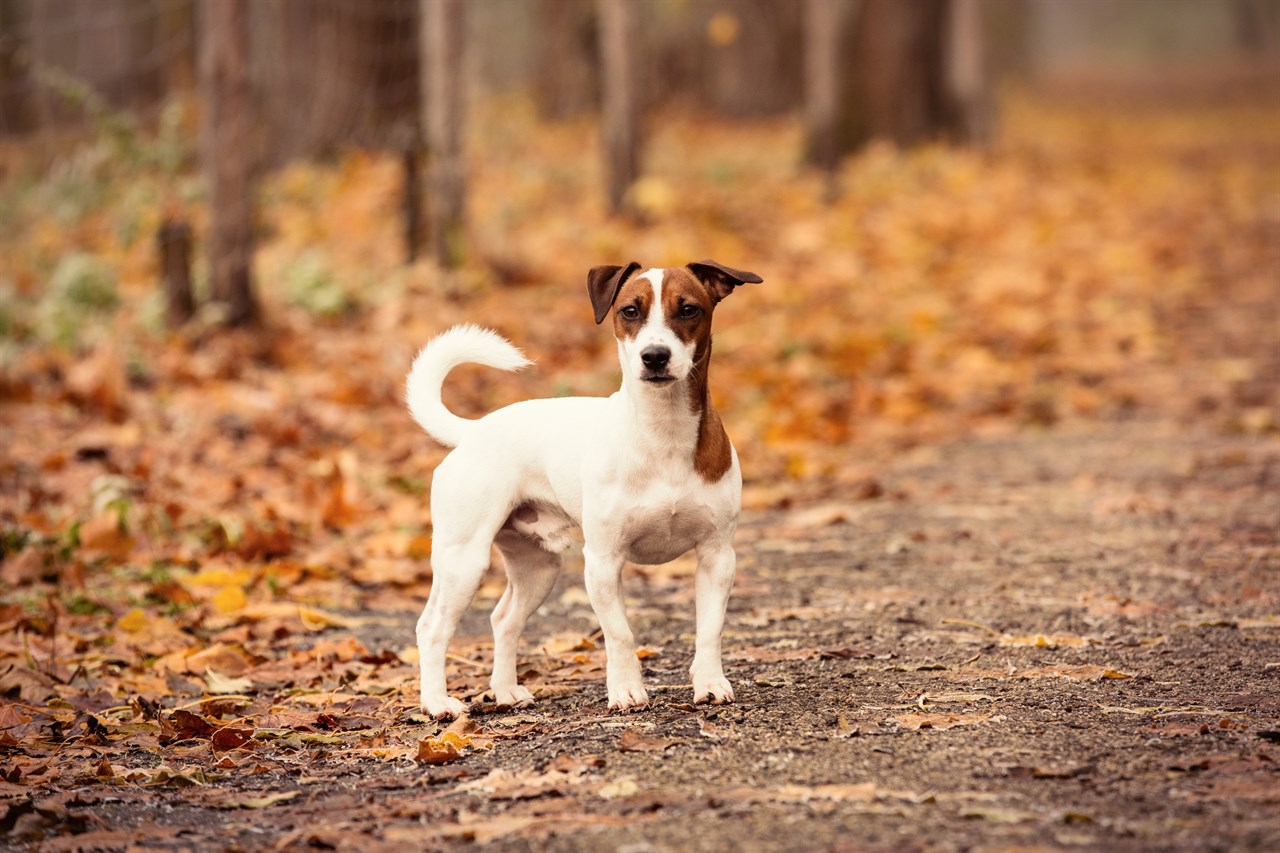Feeding Habits and Food Requirements of the Jack Russell Terrier

Proper nutrition is essential for the health and well-being of Jack Russell Terriers. These energetic and active dogs require a balanced diet to support their high activity levels and maintain overall health. Here are some key considerations for the feeding habits and food requirements of Jack Russell Terriers.
Age and Life Stage
Choose a dog food formula appropriate for your Jack Russell's age and life stage. Puppies, adults, and seniors have different nutritional needs.
High-Quality Dog Food
Select a high-quality commercial dog food that meets the nutritional standards established by reputable organisations, such as the Association of American Feed Control Officials (AAFCO). Look for a food that lists a protein source (e.g., chicken, beef, or fish) as the first ingredient.
Portion Control
Determine the appropriate portion size for your Jack Russell based on their age, weight, activity level, and metabolism. Avoid overfeeding, as obesity can lead to health problems.
Meal Frequency
Typically, adult Jack Russell Terriers do well with two meals per day. Puppies may require more frequent feeding, usually three to four times a day, until they are about six months old.
Avoid Table Scraps
Resist the temptation to feed your Jack Russell table scraps or human food, as this can lead to digestive issues, obesity, and picky eating habits.
Special Dietary Considerations
If your Jack Russell has specific dietary needs or allergies, consult with your veterinarian to select an appropriate diet. Some dogs may require grain-free or hypoallergenic options.
Fresh Water
Always provide access to clean, fresh water. Hydration is crucial, especially for active dogs like Jack Russells.
Treats and Snacks
Use treats and snacks in moderation, as excess treats can contribute to weight gain. Opt for healthy, dog-friendly treats or consider using small portions of their regular food as rewards during training.
Weight Management
Regularly monitor your Jack Russell's weight and body condition. Adjust their food intake as needed to maintain a healthy weight.
Consult with a Veterinarian
Consult with your veterinarian for guidance on your Jack Russell's specific dietary needs, especially if you have concerns about allergies, food sensitivities, or weight management.
Transitioning to New Food
If you need to switch your Jack Russell to a new dog food, do so gradually over a period of about a week to minimise digestive upset. Mix a small amount of the new food with their old food and gradually increase the proportion of the new food.
Homemade Diets
If you're considering a homemade diet for your Jack Russell, it's essential to consult with a veterinary nutritionist to ensure that the diet is balanced and meets all of their nutritional needs.
In conclusion, providing your Jack Russell Terrier with a well-balanced, high-quality dog food, portion control, and attention to their specific dietary needs are crucial for their health and vitality. Regular check-ups with a veterinarian can help you make informed decisions about their diet and overall nutrition.
Jack Russell Terrier puppies for sale
- Find Jack Russell Terrier puppies for sale in ACT
- Find Jack Russell Terrier puppies for sale in NSW
- Find Jack Russell Terrier puppies for sale in NT
- Find Jack Russell Terrier puppies for sale in QLD
- Find Jack Russell Terrier puppies for sale in SA
- Find Jack Russell Terrier puppies for sale in TAS
- Find Jack Russell Terrier puppies for sale in VIC
- Find Jack Russell Terrier puppies for sale in WA